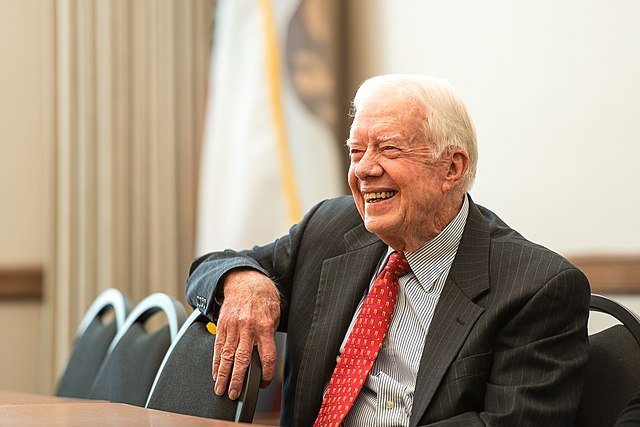barack obama
-
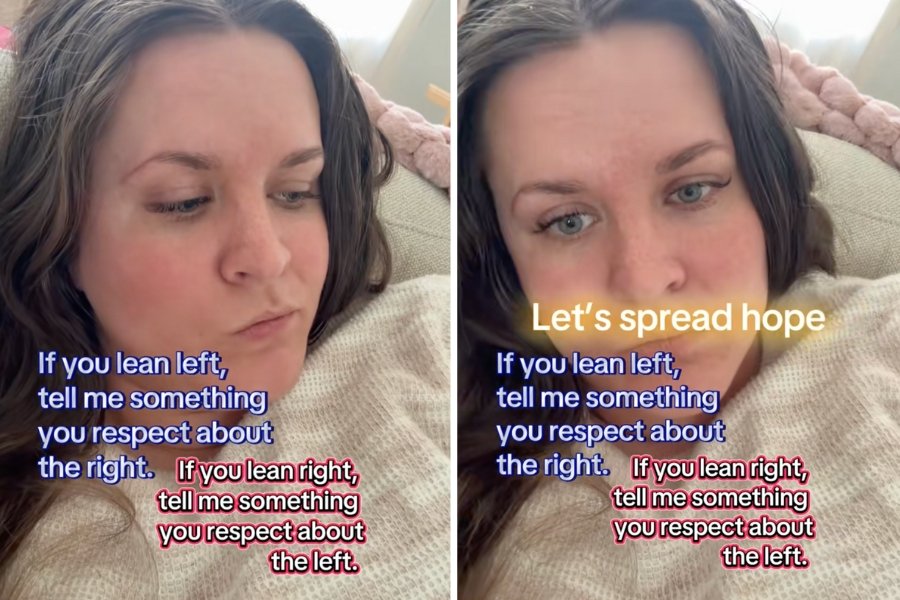 Looking at the positives of the other side makes it a lot harder to hate. – Photo credit: Courtesy of Ashley Rankin @gynaminte_/TikTok
Looking at the positives of the other side makes it a lot harder to hate. – Photo credit: Courtesy of Ashley Rankin @gynaminte_/TikTok -
 Pictured here: Anita Omary; her son, Osman; and Omary’s close friends – Photo credit: Array
Pictured here: Anita Omary; her son, Osman; and Omary’s close friends – Photo credit: Array -
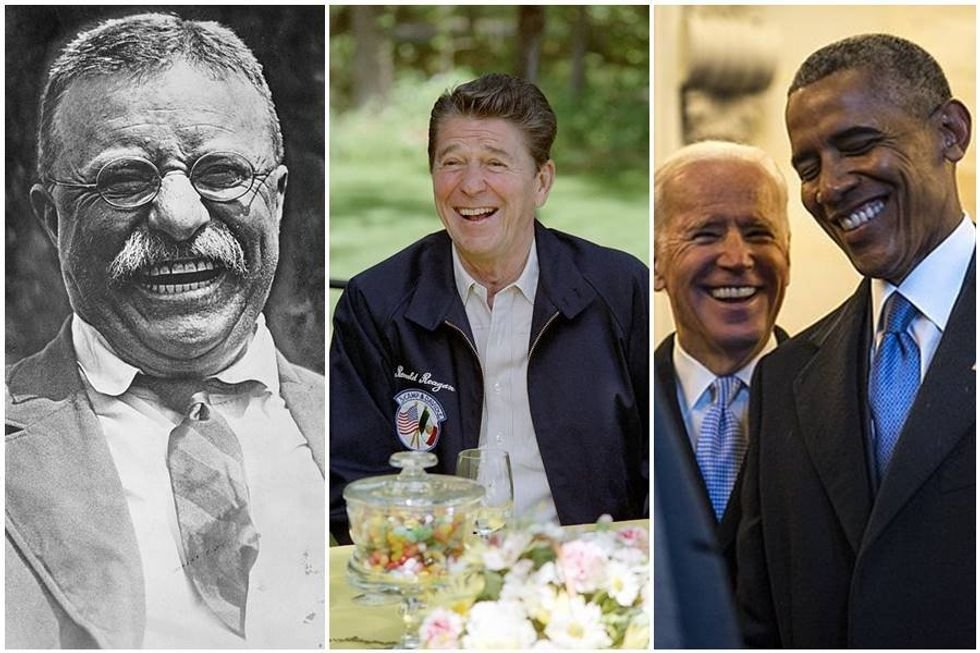 Teddy Roosevelt, Ronald Reagan, Joe Biden and Barack Obama all having a laugh. – Photo credit: via Wikimedia Commons (public domain), Wikimedia Commons (public domain) and Wikimedia Commons (Staff Sgt. Marianique Santos)
Teddy Roosevelt, Ronald Reagan, Joe Biden and Barack Obama all having a laugh. – Photo credit: via Wikimedia Commons (public domain), Wikimedia Commons (public domain) and Wikimedia Commons (Staff Sgt. Marianique Santos) -
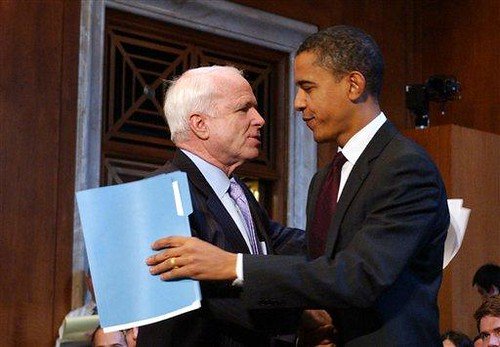 My Gen Zer's reaction to the McCain/Obama debate was shocking – Photo credit: John-Mccain-Barack-Obama | Pimkie | Flickr
My Gen Zer's reaction to the McCain/Obama debate was shocking – Photo credit: John-Mccain-Barack-Obama | Pimkie | Flickr -
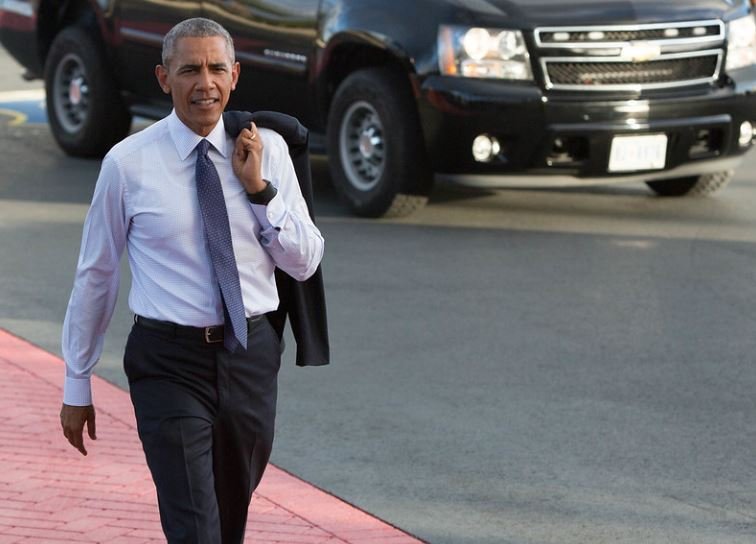 Former president barack Obama walking down the street with his coat over his shoulder. – Photo credit: via Anthony Quintano/Flickr
Former president barack Obama walking down the street with his coat over his shoulder. – Photo credit: via Anthony Quintano/Flickr
